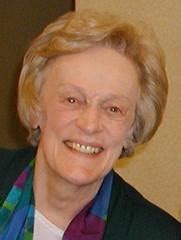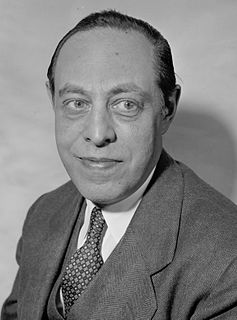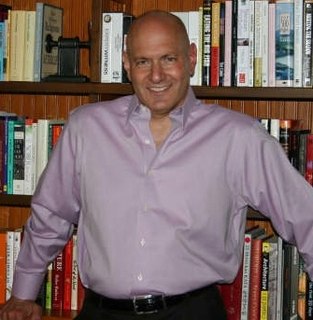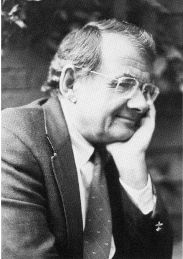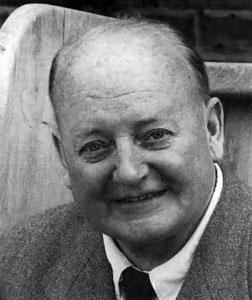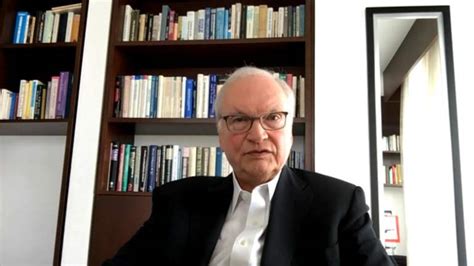Top 41 Quotes & Sayings by Milton H. Erickson
Explore popular quotes and sayings by an American psychiatrist Milton H. Erickson.
Last updated on April 14, 2025.
You see, we don't know what our goals are. We learn our goals only in the process of getting there. "I don't know what I'm building but I'm going to enjoy building it and when I get through building it I'll know what it is." In doing psychotherapy you impress this upon patients. You don't know what a baby is going to become. Therefore, you take good care of it until it becomes what it will.







